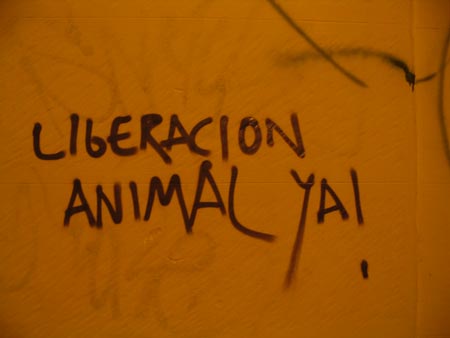
Twenty years ago, on 17 May 1990, the World Health Organization removed homosexuality from its list of mental disorders. Yet homophobia remains on the upswing in many parts of the world.
On the occasion of this year’s International Day Against Homophobia and Transphobia on 17 May, the ISN’s Special Reports week focuses on the plight of lesbian, gay, bisexual and transgender (LGBT) people in different parts of the world.
The Special Report contains the following content:
An Analysis by Sara Kuepfer Thakkar on the discrimination and persecution of gays and lesbians in the world, with a strong focus on the reported surge of homophobia in Africa.
A Podcast interview with Jason MacFarlane of JFLAG, focusing on LGBT people’s fight for human rights in Jamaica.
Security Watch articles on gay rights issues, such as the debate in the US about lifting the ban on lesbians and gays serving openly in the US military.
Publications housed in our Digital Library, including studies on the discrimination of sexual minorities in the employment sector in Hungary and Slovakia.
Primary Resources, including the “Yogyakarta Principles on the Application of International Human Rights Law in relation to Sexual Orientation and Gender Identity.”
Links to relevant websites, such as Wikigender.
Our IR Directory featuring various organizations dealing with LGBT rights issues, such as the International Gay and Lesbian Human Rights Commission (IGLHRC).



